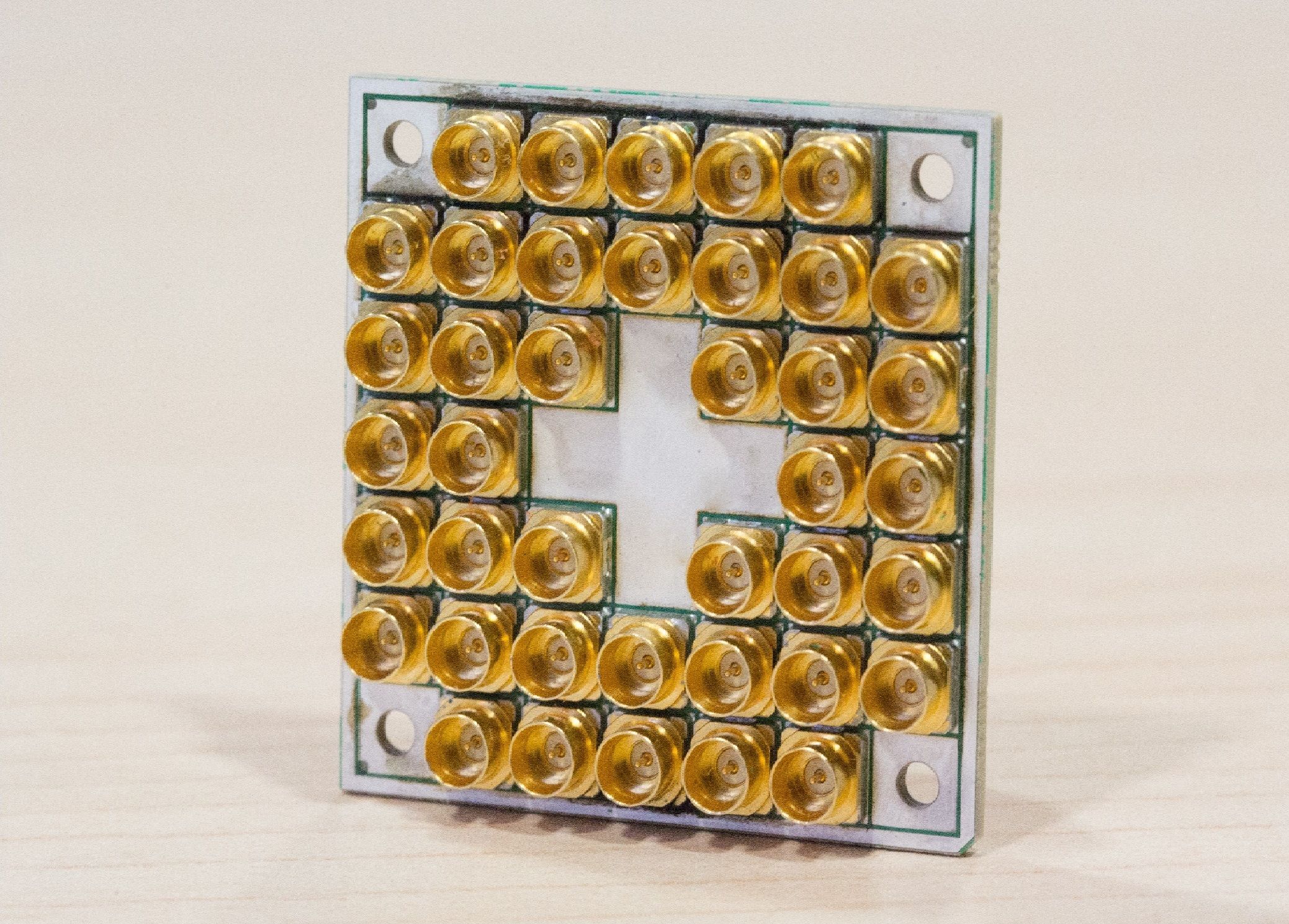Intel Is Working On Two Quantum Chip Technologies

Intel unveiled details about its quantum chip technology that its chips above from 1,000 to 1 million qubits.
Last year, Intel announced that it has developed and delivered a 17-qubit superconducting quantum chip to QuTech, its research partner from the Netherlands. Now, the company said that it’s working on a different type of quantum chip that uses much smaller and more stable “spin qubits.”
Intel’s Quantum Chip Progress
Earlier this year, at CES, Intel unveiled a 49-qubit superconducting test chip, which was likely almost finished when Intel announced the 17-qubit chip only a few months earlier. The 49-qubit chip also uses superconducting qubits, so it’s the same technology that Google and IBM use for their own quantum computers.
Google and IBM seem to be a little farther ahead than Intel in superconducting quantum computers, with IBM announcing its 50-qubit quantum computer in the fall of 2017 and Google announcing its 72-qubit quantum computer earlier this year.
However, Intel isn’t too far behind, and unlike the other two companies, which mostly plan to give others cloud access to their quantum computers, Intel also seems interested in selling quantum chips the same way it’s now selling CPUs or FPGAs. The company even named its 49-qubit superconducting quantum chip “Tangle Lake.”
However, Intel doesn’t expect the superconducting quantum chips to go much further than 1,000 qubits in size or complexity. The technology works now because the qubits are quite large and it’s easier to work with them, but eventually, Intel expects to run into scalability problems.
Intel Uses Spin Qubits For Scalability
Intel announced that it has started experimenting with quantum chips that make use of “spin qubits” instead of superconducting qubits. Although this technology is several years behind in terms of maturity, Intel believes that its advantages such as one million times smaller qubits and the possibility to bring the control electronics closer to the spin-qubits can eventually be used to scale quantum computers from about 1,000 qubits to over one million qubits.
According to Intel, a 1,000-qubit quantum computer should be available in about five years, and we should have million-qubit quantum computers in about ten years. Intel seems to agree with Google that quantum computers will start becoming truly useful when we go over one million qubits with minimal error rates.
Intel believes that its expertise and leadership in process technology should give it an advantage in building quantum computers with such small spin qubits (about 50nm across). However, Intel’s struggles with the 10nm process may have already allowed other foundries to catch-up or even soon surpass it in process technology. If that’s the case, then other companies such as Google and IBM may be able to maintain their leadership in quantum computing, assuming they also have their own plans and technologies necessary to scale their superconducting quantum chips above 1,000 qubits.